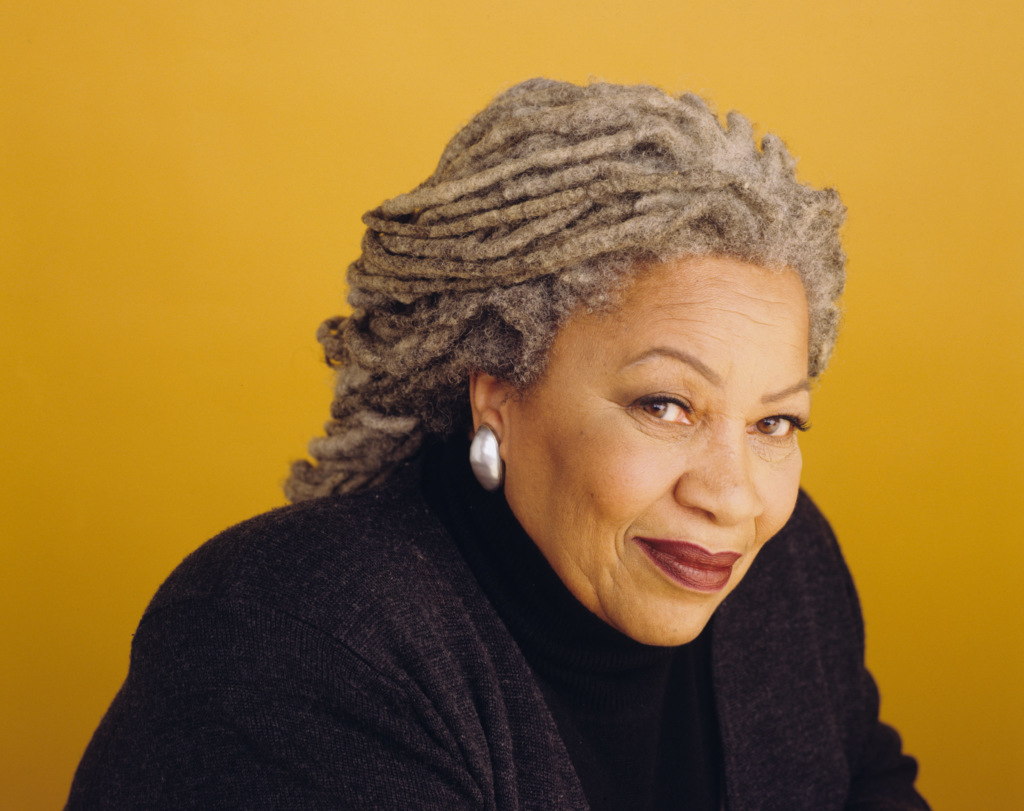The Root Blogs: Foundations for Reading Morrison
Why Read Toni Morrison?
Reading Toni Morrison clothes us in a rich robe of language that can be also like hearing music, looking at paintings, maybe even dancing a little. Especially her trilogy of novels–Beloved, Jazz and Paradise–forms a rhythmic discourse about how new structures of relation between past, present, and future are always possible. Because Morrison’s novels ask us, the readers, to be co-creators in the making of her stories, they help us develop some pretty unconventional relations between, reader, writer, and text.
Read MoreToni Morrison’s Beloved Trilogy
When Toni Morrison completed Beloved, she thought that she “had failed” at something! We now know that her project was to extend through the next two novels, Jazz and Paradise, exploring variations of “love.” But this unconventional trilogy developed in ways that Morrison could not have predicted . . .
Read MoreThe “Group Nature” of Toni Morrison’s Novels
“My writing expects, demands, participatory reading . . . It’s not just about telling the story; it’s about involving the reader.”—Interview w/ Claudia Tate. But How does Toni Morrison conceive of her reader’s involvement in her work, and why is this so important to her?
Read MoreDoes Toni Morrison Write “Mixed-Media” Novels?
“I thought of myself as like the jazz musician—someone who practices and practices and practices in order to be able to invent and to make his art look effortless and graceful. . . . When Keith Jarret plays “Ol’ Man River,” the delight and satisfaction is not so much in the melody itself but in recognizing…
Read MoreIntertextuality: A Call-Response Modality
“Throughout the history of black music in the United States, it has been through the repetition and revision of texts, through the interplay of black language and black music in a long chain of Signifyin(g) tropes, that African-American peasants became and continue to be poets in a land that initially denied them the right…
Read More




